
The National League of Nursing (NLN) has dedicated 2022 as Year of the Nurse Educator to celebrate the unique contributions of nurse educators to public health and their responsibility to prepare a diverse, culturally competent, and outstanding nursing workforce. Additionally, Elsevier celebrates Nurses Week each year, from May 6 to May 12. Elsevier recognizes the impact nurse educators not only have on their students but in national and global communities. Considering all of the additional challenges that nursing educators have faced over the last several years, this recognition is well deserved.
The Elsevier nursing and health education team understands these challenges well, with many who bring their own experience as nurse educators to their roles in supporting nursing program needs. Hear from some of our experts what it means to recognize nursing educators for everything they do.
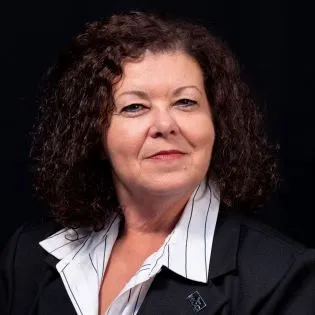
Donna Spivey, Director of HESI Content Operations
Since the beginning of the pandemic, nurses have been called heroes. The impact a nursing educator has in their community is more than just the influence on the students themselves. The outreach extends to the many patients and families the student will care for over the years. Dedicating 2022 to the nurse educator, the individual preparing our next generation of healthcare providers, may encourage those that are interested in education to join and help increase the number of nurses in the workforce.
The thing that makes me the proudest during my time as a nurse educator is seeing the lightbulb come on when a student comprehends a complex topic. Knowing the impact I make on the next generation of nursing brings an immense smile to my face.
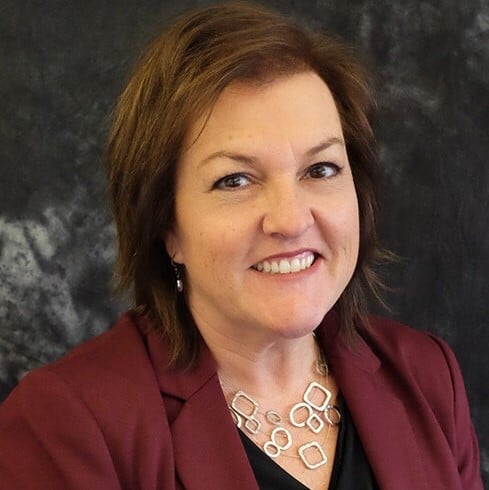
Jodi Orm, Nursing Education Specialist
Now more than ever, nurse educators deserve recognition for their perseverance and dedication to the nursing profession. The incredible innovation that is occurring during the pandemic is unprecedented. With a high demand for practice-ready students to join an exhausted workforce, nurse educators are one of the most important parts of the solution. Without the expertise of our brilliant and dedicated nurse educators, we cannot educate and graduate more nurses – it’s that simple! Being able to contribute to this innovative movement in nursing education is one of the most rewarding and challenging roles I have ever experienced. I truly believe being a nurse, more specifically a nurse educator is one of the best professions in the world!
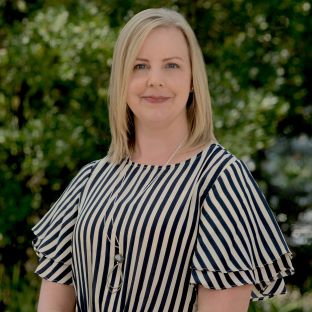
Hollie Moots, Nurse Educator & Implementation Specialist
I have always had a passion for helping others. As a nurse, I helped patients in a variety of settings. As a nursing educator, I helped prepare students for the complex world of nursing and patient care. And in my current role, I have the amazing opportunity to help other dedicated nurse educators.
Without nurse educators, there would be no nurses. They are the backbone of the profession, with expertise in patient care as well as education, and are dedicated to shaping the future of healthcare. I am so proud to be part of this amazing profession!

Cheryl Wilson; Director of Education, Research, and Design
As we move out of the healthcare crisis of the global pandemic, we see clearly the impact this has had on our nurses and other healthcare workers. Faced with a nursing shortage before there was a pandemic, this has become a central theme of discussion in healthcare. Key to this discussion is the shortage of nursing faculty and clinical placements. It is critical we focus on nurse educators as they are the foundation for training nurses. By focusing on and promoting nurse educators, we shine the light on and celebrate those who have become educators to promote their value in healthcare.
I am proud to say I am a nurse educator. I talk about my clinical experience both as a nurse and a nurse practitioner and how that has formed my values as an educator. It is really my job to ensure safe, competent, caring nurses who are ready to take on the challenge of nursing practice. I know that the work I do as an educator will impact the lives of more people than I could impact as an individual nurse, and that is an incredible responsibility.
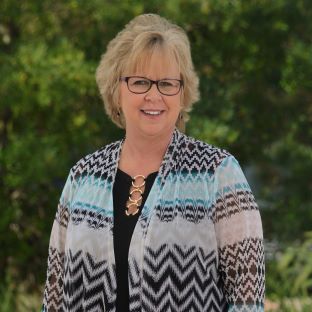
Tammy Pleasant, Senior Nursing Education Specialist
Nurse educators feel their students’ pain. When they are struggling the nurse in us wants to do all in our power to help them succeed. When final grades go in, it is so difficult for nurse educators to realize some of their students didn’t make it. We are their best cheerleaders!
I am so proud that I chose the path of nurse educator for my career. Seeing students “get it” and become nurses and colleagues was very rewarding. The best feeling in the world was when a student changed their life by becoming a nurse. Maybe they had lived in less-than-ideal circumstances and struggled to just feed their family, and now they have become a member of the most trusted profession in the world! That’s an awesome feeling to know you played a part in that.
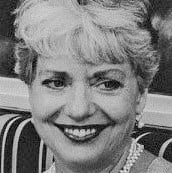
Tracy Riley, Nursing Education Researcher
I’ve always thought it a privilege to be a nurse, and the opportunity to influence the next generation of nurses can be overwhelming to those of us that love the profession. One of the biggest challenges nurse educators face is transitioning our point of care from our patients to students. And our love for nursing is insufficient if we don’t also learn the art and science of education. Just as it takes time to become an expert clinician, it takes time and a lot of work to become a skilled educator. And one is never done learning! The National League for Nursing (NLN) has determined 2022 is the Year of the Nurse Educator – what an excellent way to acknowledge the work so many do to enhance our profession!

Carolyn Kerns, Nursing Education Specialist
Most people do not realize how complex education really is. Education has been called one of the most complex professions. Even some nurses think that if you have enough nursing experience, you can stand in front of a class and simply impart your knowledge. Education requires a far deeper knowledge base and understanding of philosophy, the social sciences, theories, pedagogy, and research in order to be an effective educator. I always felt that I was contributing to educating the next generation of nurses. I was multiplying myself through them and that thought was very rewarding for me.
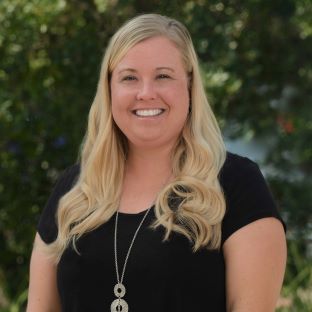
Megan Ubben, Nurse Educator and Implementation Specialist
I am proud to be a nurse educator—more specifically, an educator that works with other educators. Just like bedside nursing, nursing education is ever-changing and evolving. No matter what the challenge, nursing educators rise up to create the best possible learning opportunities for their students. The past few years have been especially challenging with the pandemic, virtual learning, Next Generation NCLEX, and more. I have been truly inspired by the dedication and innovation of fellow nurse educators across the country over the past several years. The world needs great nurses now more than ever, I am proud to be part of a profession dedicated to shaping those future nurses.